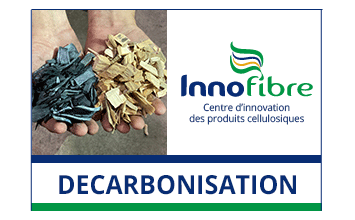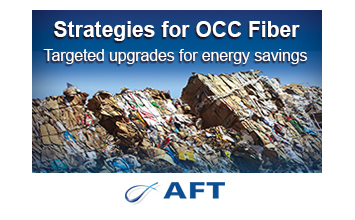Cepi is the Confederation of European Paper Industries: through its 19 national associations, it gathers 500 companies operating 895 mills across Europe.
We represent companies producing a range of forest-based products, from pulp and paper to packaging, textile, hygiene and tissue products. As a sector we are committed to the sustainable management of our forests, the delivery of sustainable products, the transition to net zero and the creation of long-term jobs.
Many of the companies in the sector are involved in the Science-based Targets Initiative, and have committed to set targets, including Net Zero targets. With this statement we wish to raise some concerns on process currently defined for setting and validating Net Zero targets for the Timber and Wood fiber sector.
In accordance with the Forest, Land and Agriculture (FLAG) Science-Based Target-Setting Guidance, criterion FLAG-C8, companies in our sector are required to use the timber and wood fiber pathway available in the FLAG Target-Setting Tool. At the same time the commodity pathway was suspended on 14 December 2023 with the objective of a technical correction that will be finalised in Q3 2024. The notice letter from SBTi required that companies affected shall use the FLAG Sector pathway to set their FLAG targets over all land-based emissions (including emissions related to timber and wood fiber) and then recalculate their science-based targets within six months of the release of the updated timber and wood fiber pathway.
From the point of view of our sector, it is essential that Net Zero targets are credible, robust and can be trusted by all stakeholders. This is not the case if we set targets without the FLAG timber and wood fiber commodity pathway and GHG Protocol LSRG to base our calculations and targets on. We believe that having to calculate targets once and then re-calculate them at the end of Q3 2024 is not an appropriate nor science-based procedure. The sector is now in an uncomfortable position: wanting to urgently validate targets, but only if they are based on the right guidance.
Moreover, the GHG Protocol LSRG is still subject to substantial discussions on its content and requirements, which will have profound impacts on corporate accounting for companies in the forest, wood and paper sector. We therefore disagree with the requirement to use a draft Guidance as the basis for setting targets as this will create an arbitrary divide between companies that have to use it now and companies that are allowed to wait for the final version.
Concerning the revision of the timber and wood fiber pathway, we welcome the effort to correct technical deficiencies in the modelling tool and we are open to contribute to its revision in any way that is appropriate. Our member companies would also welcome the possibility to pilot test the new tool and give feedback to the SBTi Secretariat.
Cepi is the European association representing the paper industry. We offer a wide range of renewable and recyclable wood-based fibre solutions to EU citizens: from packaging to textile, hygiene and tissue products, printing and graphic papers as well as speciality papers, but also biochemicals for food and pharmaceuticals, bio-composites and bioenergy. We are a responsible industry: 85% of our raw materials are sourced in Europe and certified as sustainable, 92% of the water we use is returned in good condition to the environment. We are the world champion in recycling at the rate of 71.4%. At the forefront of the decarbonisation and industrial transformation of our economy, we embrace digitalisation and bring 25 billion value addition to the European economy and €5 billion investments annually. Through its 19 national associations, Cepi gathers 500 companies operating 895 mills across Europe and directly employing more than 180,000 people.
Source: Cepi













